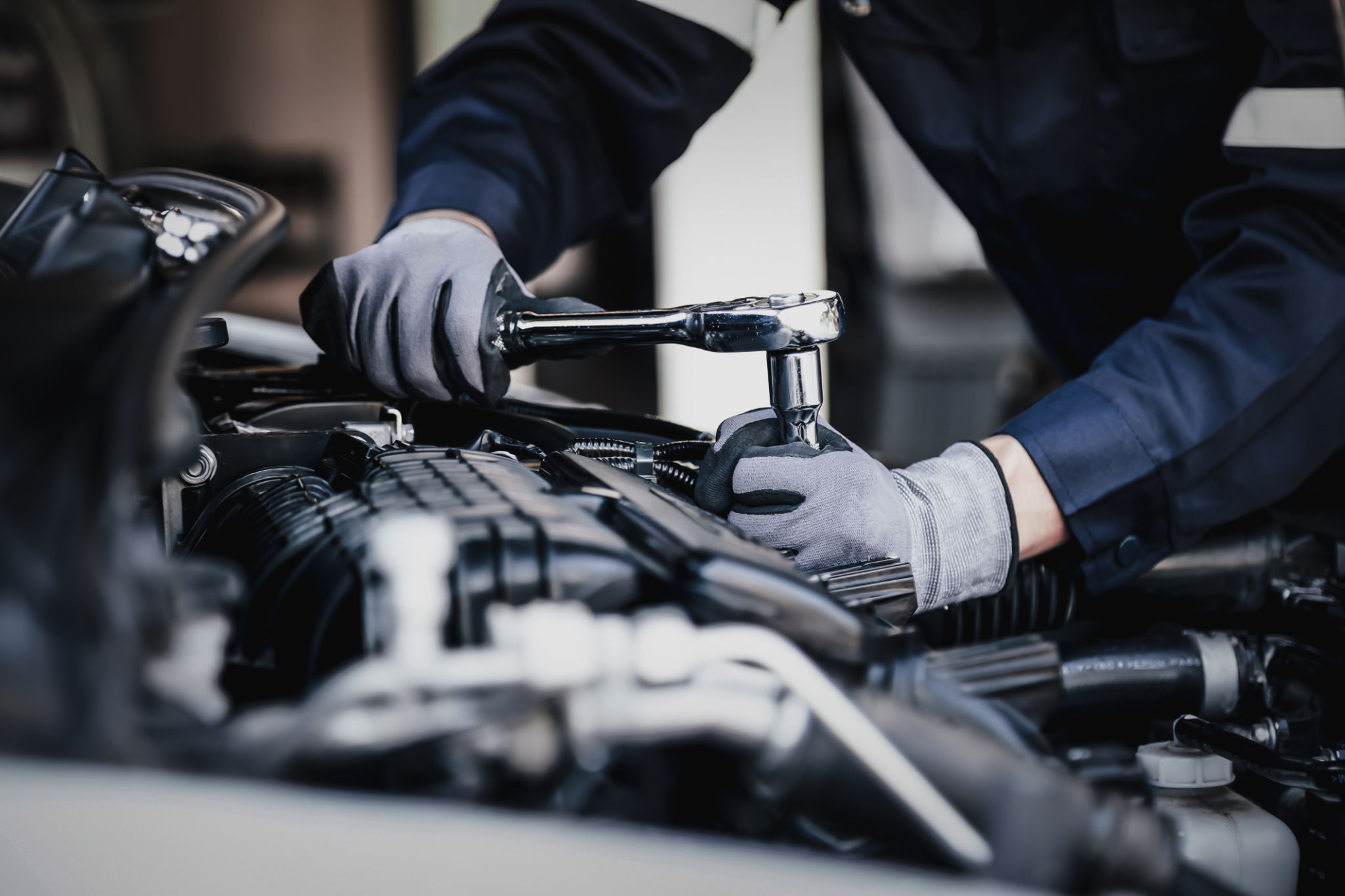DIY vs. Professional Property Maintenance: When to Call the Experts
Understanding Property Maintenance
Maintaining a property, whether it's a home or a commercial building, is essential to preserving its value and functionality. Property maintenance can range from simple tasks like cleaning gutters to more complex jobs like repairing electrical systems. When deciding on how to approach these tasks, property owners often face the dilemma of choosing between DIY methods and hiring professional services.
While the allure of saving money and the satisfaction of completing a project on your own can be tempting, it's important to recognize the limitations and risks involved in DIY property maintenance. On the other hand, professional services offer expertise and efficiency but come at a cost.

Advantages of DIY Property Maintenance
For many homeowners and business owners, taking on maintenance tasks themselves can be an appealing option. Here are some benefits:
- Cost Savings: DIY projects can save you money on labor costs, allowing you to allocate funds elsewhere.
- Learning Experience: Tackling maintenance tasks can be a rewarding way to learn new skills and gain a better understanding of your property.
- Flexibility: You can work on your schedule without having to coordinate with outside contractors.
However, it’s crucial to assess whether you have the necessary skills and tools for each task. Mistakes can lead to costly repairs or even pose safety risks.
When Professional Services Are the Better Choice
While DIY can be suitable for certain projects, there are situations where professional intervention is not only beneficial but necessary:
- Complex Repairs: Tasks such as electrical work, extensive plumbing repairs, or HVAC system maintenance require specialized knowledge and equipment.
- Time Constraints: If you have a tight schedule or your property requires urgent attention, professionals can complete tasks efficiently.
- Quality Assurance: Professionals provide a level of expertise that ensures tasks are completed correctly and safely.

Evaluating the Costs
Cost is often a significant factor in deciding between DIY and hiring professionals. It's important to not only consider the immediate expenses but also potential long-term costs. DIY mistakes can lead to further damage, ultimately costing more than hiring an expert initially. Always weigh the potential savings against the risks of doing it yourself.
Additionally, professionals often have access to trade discounts on materials, which can offset some of the costs associated with their services.
Safety Considerations
Safety should always be a priority when deciding on property maintenance. Certain tasks pose significant hazards, such as working with electricity or at heights. Professionals are trained to handle these risks safely. Moreover, they carry insurance that protects you from liability in case of accidents or damages during the job.

The Middle Ground: When to Combine DIY and Professional Help
In some cases, a combination of DIY and professional help may be the most effective approach. For example, you might handle routine cleaning or minor repairs yourself but call in professionals for annual inspections or major renovations. This strategy allows you to enjoy the benefits of both methods while minimizing risks.
By understanding your limits and knowing when to seek expert assistance, you can maintain your property effectively without compromising on quality or safety.
Conclusion
Deciding between DIY and professional property maintenance involves evaluating your skills, time availability, financial considerations, and safety concerns. For many property owners, a balanced approach that leverages both DIY efforts and professional expertise is the best way to ensure their property is well-maintained and safe. Make informed decisions by assessing each task individually and considering its complexity and potential risks. Remember, sometimes calling in the experts is not just an option; it's a necessity for preserving your property's value and integrity.
